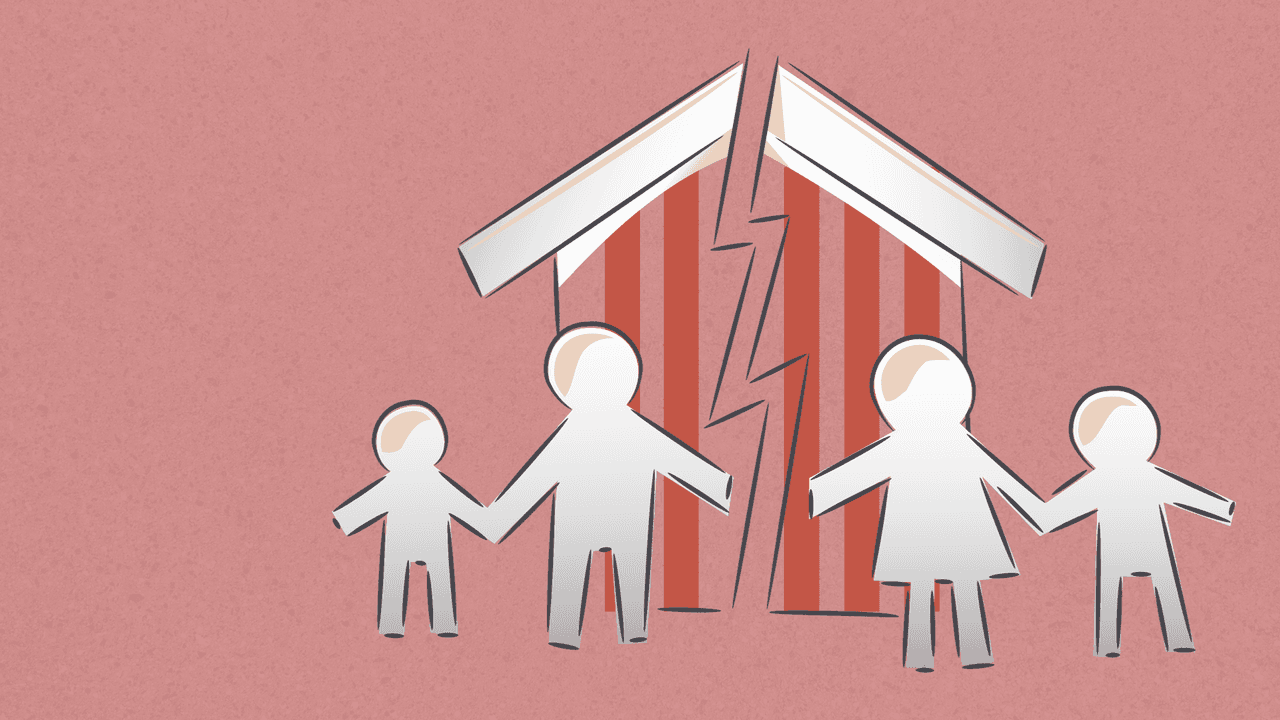
Family court transparency pilot expanded across England and Wales
Journalists will be able to report what they see and hear at courts in a further 16 areas
Journalists will be able to cover what happens in family court hearings at a further 16 locations after the expansion of a transparency pilot that has been running in Cardiff, Carlisle and Leeds.
From 29 January, journalists and legal bloggers can report what they see and hear at most family court cases in Liverpool, Manchester, West Yorkshire, Hull, Nottingham, Stoke, Derby, Birmingham, Dorset, Truro, Luton, Guildford, Milton Keynes, and central, east and west London.
Any reporting will protect the identity of families involved in the cases.
The expansion of the pilot follows an initial 12 months during which cases about child abuse, domestic violence, rape and parental disputes were reported by national print and broadcast media.
Sir Andrew McFarlane, the president of the family division, urged more journalists to attend family courts to see the “vital and challenging” work done there.
“Extending the reporting pilot to family courts across the country is a huge step in the judiciary’s ongoing work to increase transparency and improve public confidence and understanding of the family justice system,” he said. “We hope that in extending the pilot further we can continue to understand the impact that family court reporting has.”
The reporting pilot was launched in January 2023 following McFarlane’s two-year review of transparency in the family justice system. His recommendations were implemented as part of a year-long advocacy and judicial training project led by high court judge Mrs Justice Lieven.
“We went into this with nervousness, and it’s gone better than we feared,” Lieven said at an event discussing the pilot’s progress with journalists, lawyers and judges in November 2023. “Anonymity has been preserved – I have not had any complaints about jigsaw identification [a person being identified from different pieces of information].”
She said it had been encouraging that some judges operating in family courts outside the three pilot areas had also issued transparency orders, which allow journalists to report on hearings, since the launch.
In July 2023 the Bureau of Investigative Journalism (TBIJ) launched the Family Court Files, an investigative strand reporting on cases being heard both inside and outside the pilot scheme. Its coverage included a case heard in Carlisle where a woman who was found to have been raped by her ex-partner was able to speak publicly for the first time about the trauma of the court process.
TBIJ also supported the pilot by delivering training to journalists in three cities and creating a family justice information hub for reporters, lawyers and family members.
Journalists can already publish details about family court cases with permission from the judge, but the pilot creates the presumption that transparency orders will be issued.
The scheme means parents and other people involved in cases can speak to reporters without being held in contempt of court and that quotes from these interviews can be published. Journalists are also entitled to attend hearings to see and quote from documents critical to understanding the background of cases.
The transparency scheme is expected to eventually be rolled out to all family courts in England and Wales.
Reporters or editors interested in covering cases at any of the family court centres included in the transparency pilot can contact [email protected] for advice or support
Reporters: Louise Tickle and Hannah Summers
Bureau Local editor: Gareth Davies
Deputy editors: Chrissie Giles and Katie Mark
Editor: Franz Wild
Production editor: Emily Goddard
Fact checker: Frankie Goodway
Our Bureau Local project has several funders. None of our funders has any influence over our editorial decisions or output
-
Subject:
-
Area:




